Dried figs and raisins, two dried fruits beloved by many for their sweetness and versatility in cooking and snacking. Both are popular options for adding natural sweetness to dishes, but how do they stack up against each other? Let’s delve into the world of dried figs versus raisins to see which one comes out on top. Texture and Appearance: When it comes to texture and appearance, dried figs and raisins have distinct differences. Dried figs are soft, chewy, and slightly sticky, with a unique wrinkled appearance. They have a denser texture compared to raisins, making them a satisfying snack to munch on. On the other hand, raisins are small, shriveled dried grapes that are chewy but not as dense as dried figs. Their appearance is more uniform, with a shiny exterior that glistens in the light.
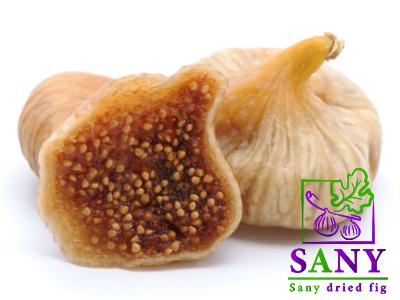
.
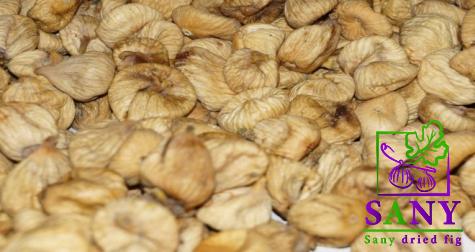 Flavor Profile: One of the key factors that distinguish dried figs from raisins is their flavor profile. Dried figs have a rich, honey-like sweetness with subtle earthy undertones. They are known for their complex flavor, which can range from floral and nutty notes to hints of caramel and molasses. In contrast, raisins have a concentrated sweetness that is more straightforward, with a pure grape flavor that is familiar and comforting. Nutritional Value: Both dried figs and raisins are nutritious additions to your diet, packed with essential vitamins, minerals, and antioxidants. Dried figs are a good source of dietary fiber, potassium, and vitamin K, which are beneficial for digestive health, heart function, and blood clotting. They also contain significant amounts of calcium and iron, making them a great choice for bone health and energy production. Raisins, on the other hand, are rich in natural sugars, providing a quick energy boost. They are also high in fiber, iron, and antioxidants, which can help reduce inflammation and lower the risk of chronic diseases. Health Benefits: In addition to their nutritional value, both dried figs and raisins offer several health benefits. Dried figs are known for their digestive health benefits, thanks to their high fiber content, which aids in digestion and can prevent constipation. They also contain antioxidants that help protect the body from oxidative stress and inflammation. Raisins, on the other hand, are a good source of iron, which is essential for maintaining healthy blood cells and preventing anemia. They also contain phytonutrients that support heart health and may reduce the risk of certain cancers. Culinary Uses: Dried figs and raisins are versatile ingredients that can be used in a variety of culinary creations. Dried figs are often enjoyed on their own as a snack or paired with cheese and nuts for a simple appetizer. They can also be incorporated into sweet and savory dishes, such as salads, sauces, and desserts. Dried figs add a natural sweetness and chewy texture to recipes, making them a popular choice for baking and cooking. Raisins are commonly used in baking, especially in recipes like oatmeal cookies, cinnamon rolls, and fruit bread.
Flavor Profile: One of the key factors that distinguish dried figs from raisins is their flavor profile. Dried figs have a rich, honey-like sweetness with subtle earthy undertones. They are known for their complex flavor, which can range from floral and nutty notes to hints of caramel and molasses. In contrast, raisins have a concentrated sweetness that is more straightforward, with a pure grape flavor that is familiar and comforting. Nutritional Value: Both dried figs and raisins are nutritious additions to your diet, packed with essential vitamins, minerals, and antioxidants. Dried figs are a good source of dietary fiber, potassium, and vitamin K, which are beneficial for digestive health, heart function, and blood clotting. They also contain significant amounts of calcium and iron, making them a great choice for bone health and energy production. Raisins, on the other hand, are rich in natural sugars, providing a quick energy boost. They are also high in fiber, iron, and antioxidants, which can help reduce inflammation and lower the risk of chronic diseases. Health Benefits: In addition to their nutritional value, both dried figs and raisins offer several health benefits. Dried figs are known for their digestive health benefits, thanks to their high fiber content, which aids in digestion and can prevent constipation. They also contain antioxidants that help protect the body from oxidative stress and inflammation. Raisins, on the other hand, are a good source of iron, which is essential for maintaining healthy blood cells and preventing anemia. They also contain phytonutrients that support heart health and may reduce the risk of certain cancers. Culinary Uses: Dried figs and raisins are versatile ingredients that can be used in a variety of culinary creations. Dried figs are often enjoyed on their own as a snack or paired with cheese and nuts for a simple appetizer. They can also be incorporated into sweet and savory dishes, such as salads, sauces, and desserts. Dried figs add a natural sweetness and chewy texture to recipes, making them a popular choice for baking and cooking. Raisins are commonly used in baking, especially in recipes like oatmeal cookies, cinnamon rolls, and fruit bread.
..
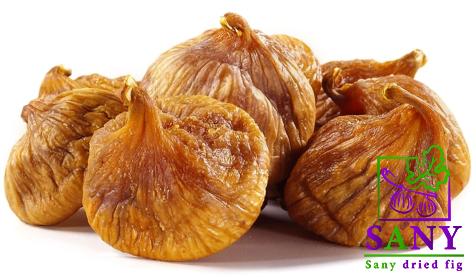 They can also be added to salads, trail mixes, and savory dishes for a touch of sweetness and texture. Which One Should You Choose? When it comes to deciding between dried figs and raisins, the choice ultimately depends on your personal preference and how you plan to use them. If you’re looking for a fruit with a complex flavor profile and chewy texture, dried figs are an excellent choice. They work well in both sweet and savory dishes, adding a touch of natural sweetness and richness. On the other hand, if you prefer a straightforward, sweet flavor and smaller size, raisins are a convenient option. They are great for baking, snacking, and adding a pop of sweetness to various dishes. In conclusion, both dried figs and raisins have their own unique characteristics and benefits. Whether you choose dried figs for their rich flavor and chewy texture or raisins for their sweet simplicity, incorporating these dried fruits into your diet can add variety and nutrition to your meals. So the next time you’re looking for a naturally sweet and nutritious snack or ingredient, consider adding dried figs or raisins to your pantry. Remember, both dried figs and raisins offer a range of health benefits, from supporting digestion to boosting heart health, so you can feel good about incorporating them into your daily routine. Whether you enjoy them on their own as a snack, mixed into recipes, or used as a topping, these dried fruits can elevate the flavor and nutritional content of your meals. In terms of texture and appearance, dried figs stand out with their soft, chewy consistency and unique wrinkled appearance. Their density makes them a satisfying snack to nibble on, while their rich, honey-like sweetness adds depth to dishes. Raisins, on the other hand, have a chewy texture and uniform appearance, making them popular for baking and snacking.
They can also be added to salads, trail mixes, and savory dishes for a touch of sweetness and texture. Which One Should You Choose? When it comes to deciding between dried figs and raisins, the choice ultimately depends on your personal preference and how you plan to use them. If you’re looking for a fruit with a complex flavor profile and chewy texture, dried figs are an excellent choice. They work well in both sweet and savory dishes, adding a touch of natural sweetness and richness. On the other hand, if you prefer a straightforward, sweet flavor and smaller size, raisins are a convenient option. They are great for baking, snacking, and adding a pop of sweetness to various dishes. In conclusion, both dried figs and raisins have their own unique characteristics and benefits. Whether you choose dried figs for their rich flavor and chewy texture or raisins for their sweet simplicity, incorporating these dried fruits into your diet can add variety and nutrition to your meals. So the next time you’re looking for a naturally sweet and nutritious snack or ingredient, consider adding dried figs or raisins to your pantry. Remember, both dried figs and raisins offer a range of health benefits, from supporting digestion to boosting heart health, so you can feel good about incorporating them into your daily routine. Whether you enjoy them on their own as a snack, mixed into recipes, or used as a topping, these dried fruits can elevate the flavor and nutritional content of your meals. In terms of texture and appearance, dried figs stand out with their soft, chewy consistency and unique wrinkled appearance. Their density makes them a satisfying snack to nibble on, while their rich, honey-like sweetness adds depth to dishes. Raisins, on the other hand, have a chewy texture and uniform appearance, making them popular for baking and snacking.
…
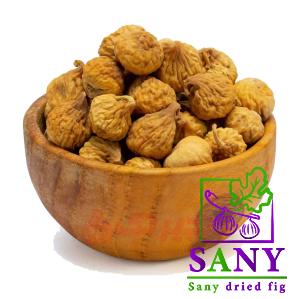 Their concentrated grape flavor is familiar and comforting, perfect for adding sweetness to a variety of recipes. Nutritionally, dried figs and raisins both offer a good dose of essential nutrients. Dried figs provide dietary fiber, potassium, and vitamins that support digestive health and overall well-being. Their calcium and iron content make them a great choice for bone health and energy production. Raisins, on the other hand, are packed with natural sugars for a quick energy boost, along with fiber, iron, and antioxidants that can help combat inflammation and disease. When it comes to culinary uses, the possibilities are endless with dried figs and raisins. Dried figs can be enjoyed on their own, paired with cheese and nuts, or added to sweet and savory dishes to enhance flavor and texture. Their subtle sweetness and chewy texture make them a versatile ingredient for cooking and baking. Raisins are commonly used in baked goods like bread, cookies, and muffins, but they can also be incorporated into salads, sauces, and savory dishes for a touch of natural sweetness. So, whether you choose dried figs for their rich flavor and complex texture or raisins for their simple sweetness and convenience, both options have their own unique qualities that can enhance your meals and snacks. By adding these dried fruits to your pantry, you can explore new flavors, experiment with different recipes, and enjoy the health benefits they have to offer. In conclusion, when it comes to dried figs versus raisins, the choice is ultimately a matter of personal preference. Both fruits bring their own unique qualities to the table, whether it’s the rich flavor and chewy texture of dried figs or the sweet simplicity and convenience of raisins. Whichever one you choose, incorporating these dried fruits into your diet is a delicious way to boost your health and add variety to your culinary creations. So why not stock up on both dried figs and raisins and start exploring the endless possibilities they have to offer?
Their concentrated grape flavor is familiar and comforting, perfect for adding sweetness to a variety of recipes. Nutritionally, dried figs and raisins both offer a good dose of essential nutrients. Dried figs provide dietary fiber, potassium, and vitamins that support digestive health and overall well-being. Their calcium and iron content make them a great choice for bone health and energy production. Raisins, on the other hand, are packed with natural sugars for a quick energy boost, along with fiber, iron, and antioxidants that can help combat inflammation and disease. When it comes to culinary uses, the possibilities are endless with dried figs and raisins. Dried figs can be enjoyed on their own, paired with cheese and nuts, or added to sweet and savory dishes to enhance flavor and texture. Their subtle sweetness and chewy texture make them a versatile ingredient for cooking and baking. Raisins are commonly used in baked goods like bread, cookies, and muffins, but they can also be incorporated into salads, sauces, and savory dishes for a touch of natural sweetness. So, whether you choose dried figs for their rich flavor and complex texture or raisins for their simple sweetness and convenience, both options have their own unique qualities that can enhance your meals and snacks. By adding these dried fruits to your pantry, you can explore new flavors, experiment with different recipes, and enjoy the health benefits they have to offer. In conclusion, when it comes to dried figs versus raisins, the choice is ultimately a matter of personal preference. Both fruits bring their own unique qualities to the table, whether it’s the rich flavor and chewy texture of dried figs or the sweet simplicity and convenience of raisins. Whichever one you choose, incorporating these dried fruits into your diet is a delicious way to boost your health and add variety to your culinary creations. So why not stock up on both dried figs and raisins and start exploring the endless possibilities they have to offer?
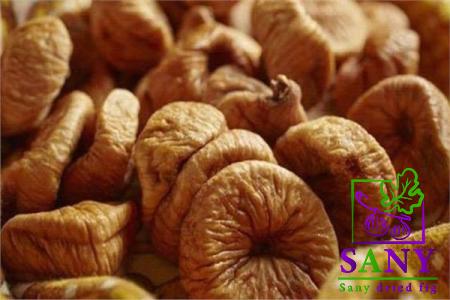
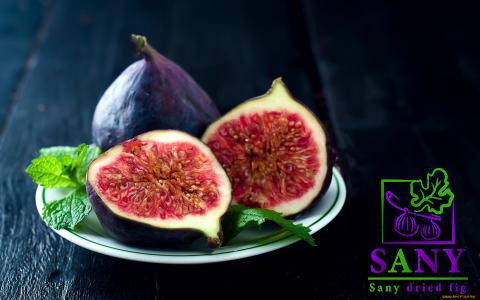
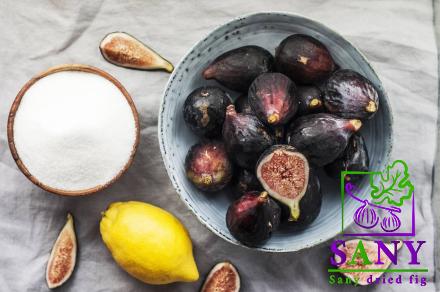
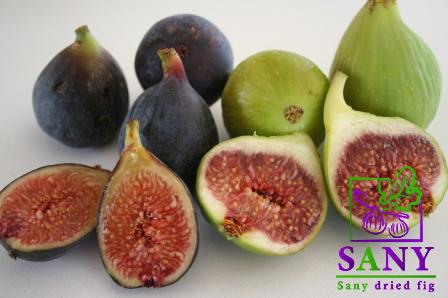

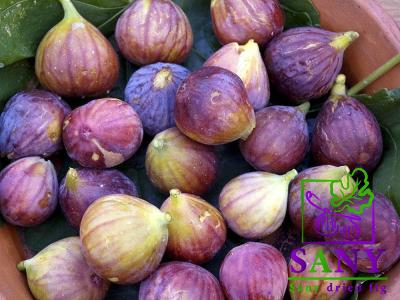

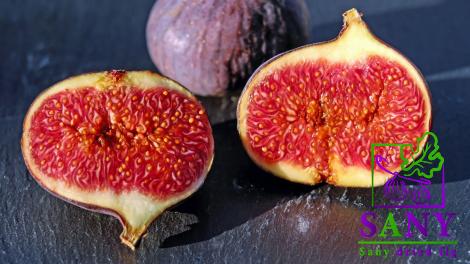
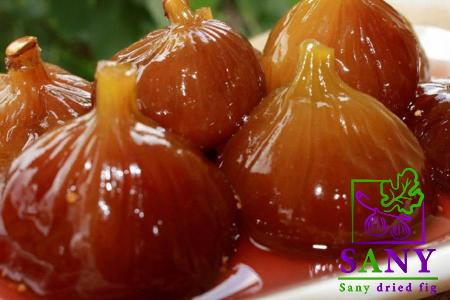
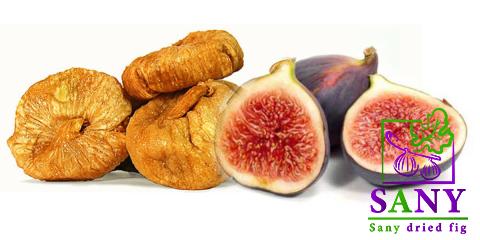
Your comment submitted.